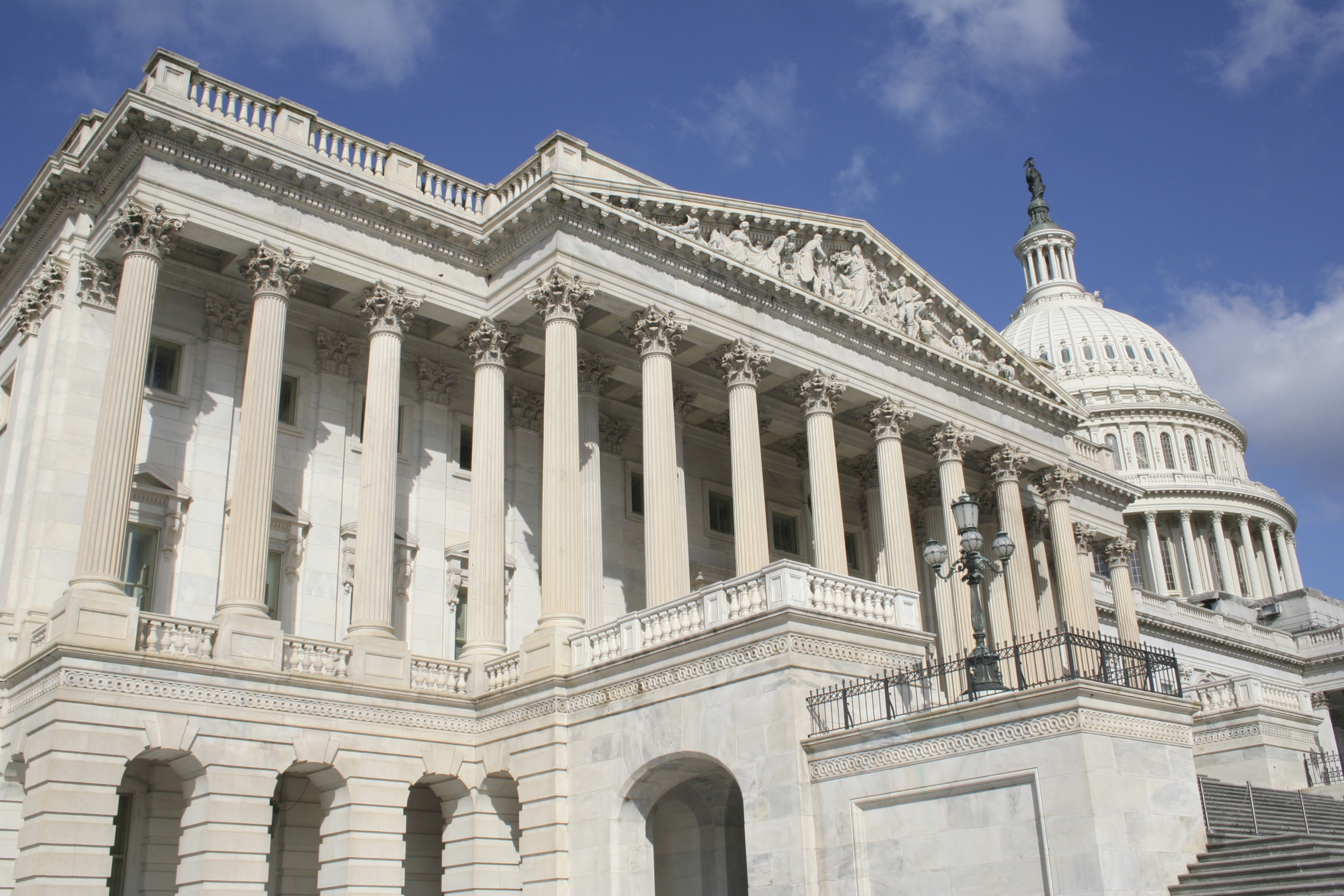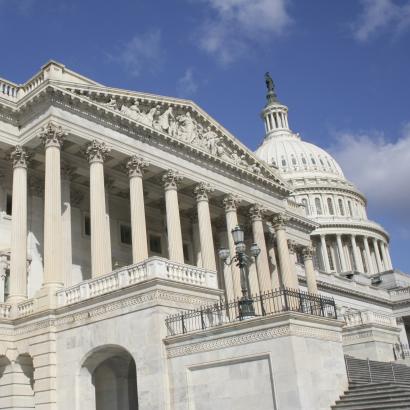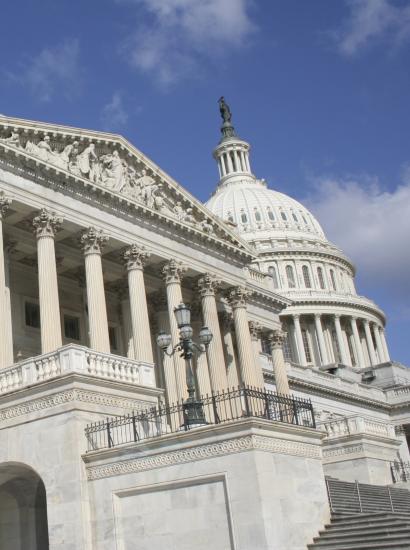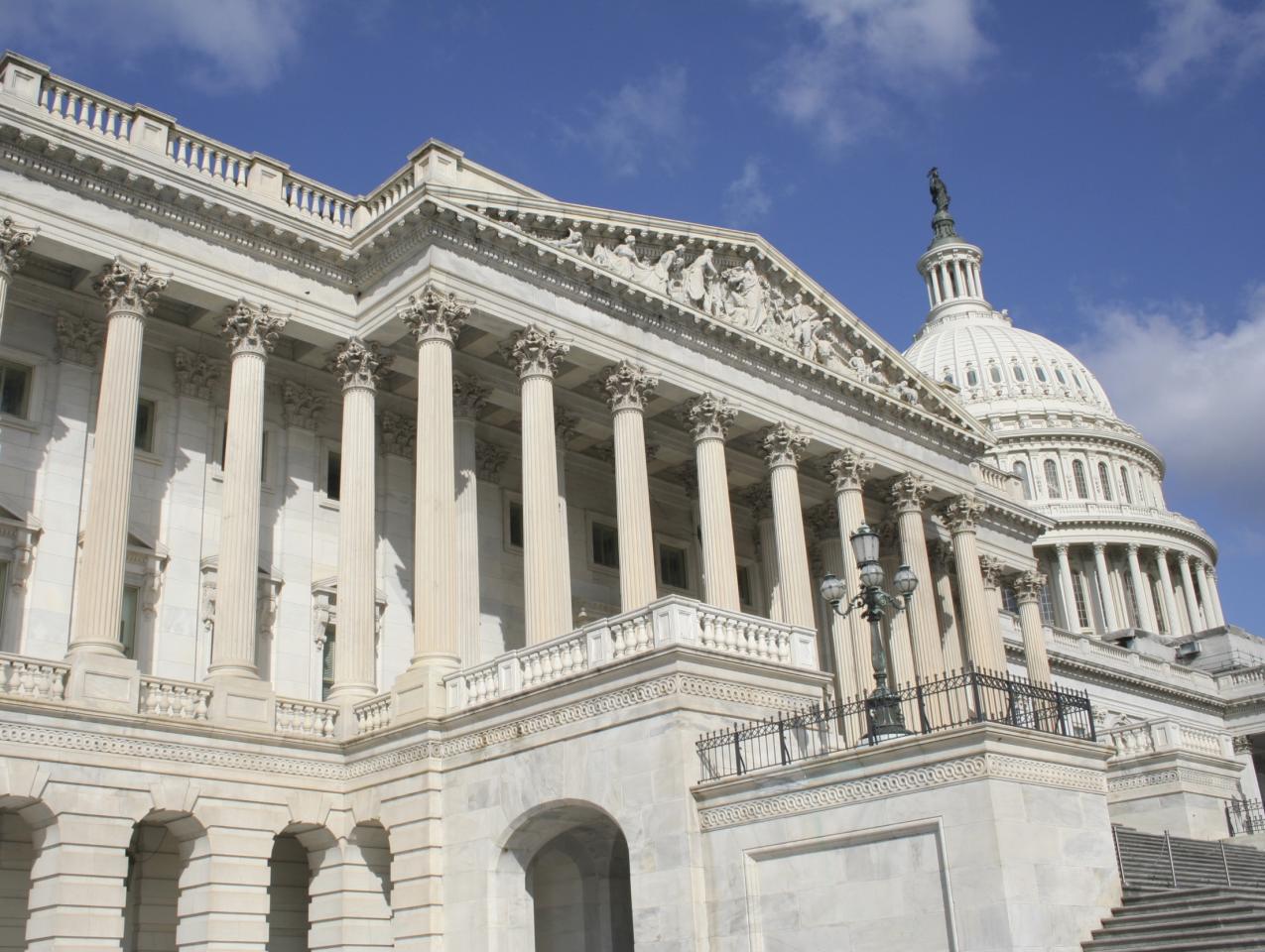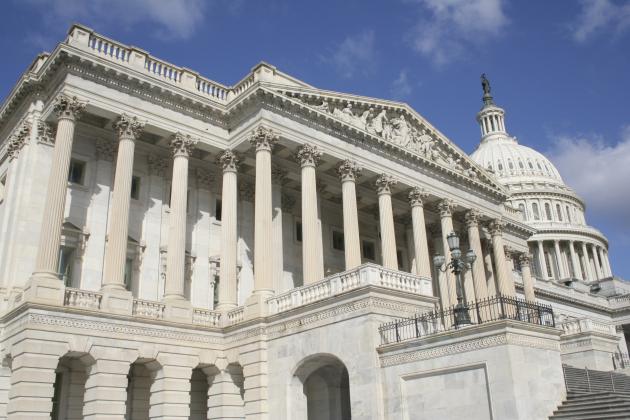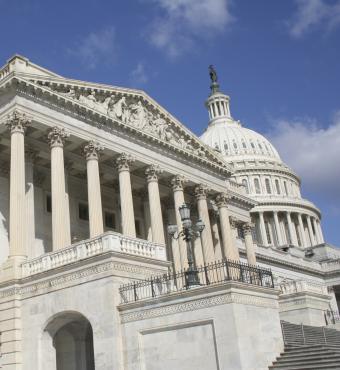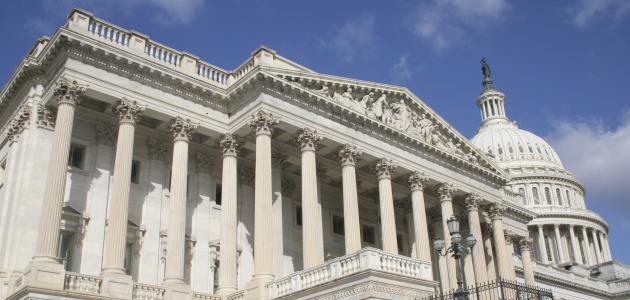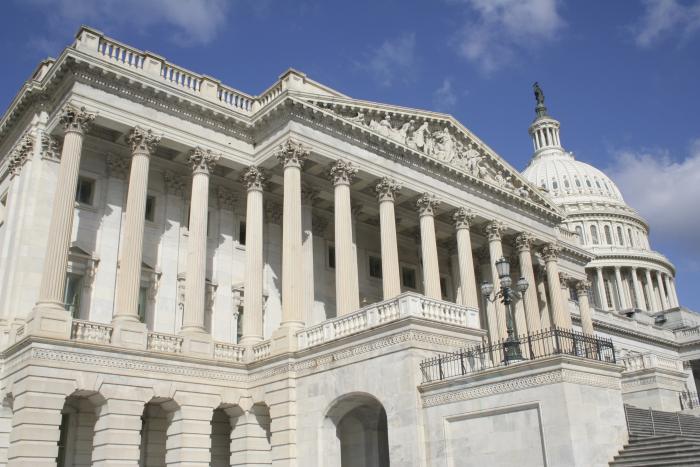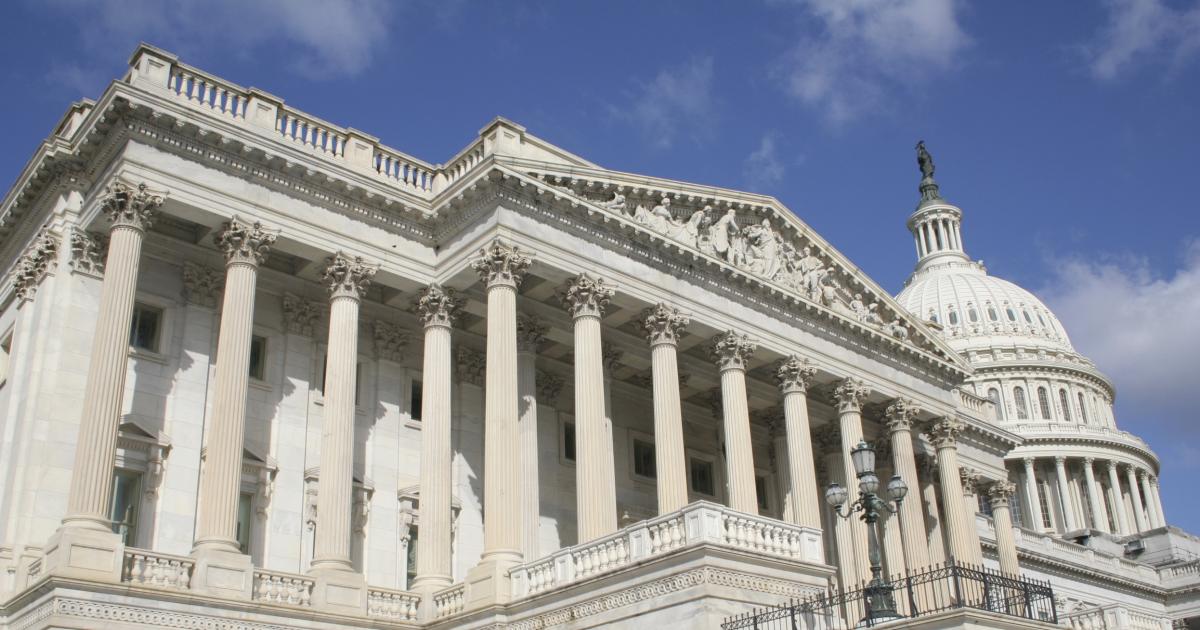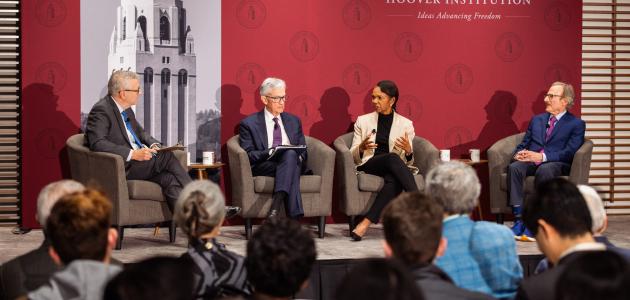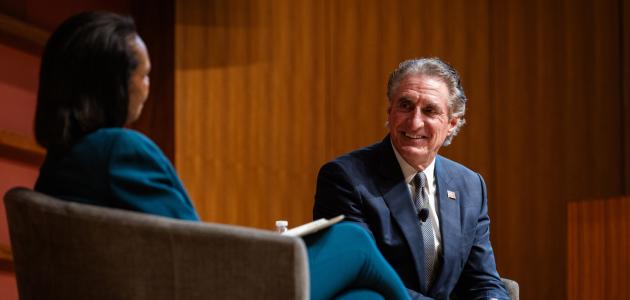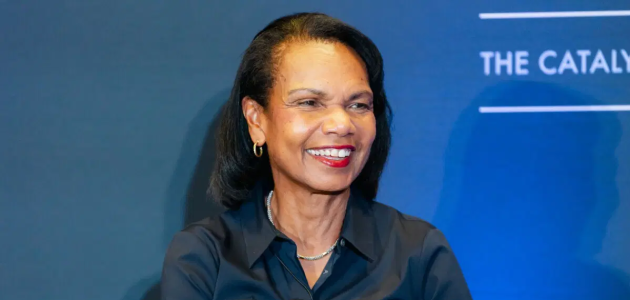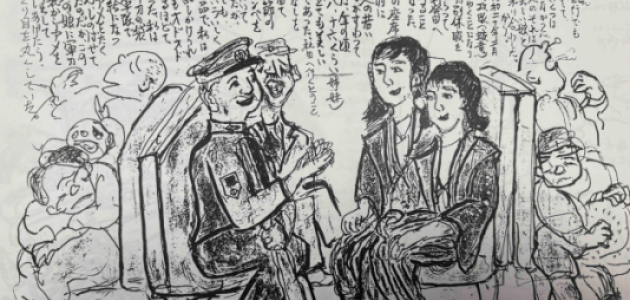US senator Chris Coons (D-DE) was the featured speaker at a Capitol Hill symposium organized by the Hoover Institution Working Group on Intellectual Property, Innovation, and Prosperity (Hoover IP²). In opening the October 23, 2017, symposium “Rekindling American Innovation, Economic Growth, and Job Creation,” Hoover senior fellow Stephen Haber, who directs Hoover IP², noted that the symposium brought together “the three groups that are vital to revitalizing the US economy: policy makers, business professionals, and economists.”
Senator Coons is known as one of the staunchest supporters in Congress of protecting US business interests. He is the co-sponsor of proposed new patent legislation that includes stronger patent protections. He stated that patents and intellectual property rights are key to a sustainable and competitive economy. The US economy was the “envy of the world in the past century”; he added that we must adapt and remain up to date if we are to maintain that position.
Two panels preceded the senator’s presentation. In the first, the general counsels of Qualcomm and InterDigital and the associate general counsel of Pfizer spoke at length about the large investments in research and development (R&D) that US companies make and, hence, that the product of that R&D must be protected. They added that research is not a zero sum game; with more intellectual property, knowledge is generated and all benefit. They agreed that most innovation comes from the private sector but that the government must play a role in protecting intellectual property from infringement: foreign and domestic.
Stephen Haber, Kevin Murphy and Ross Levine (left to right)[/caption]The second panel featured three well-known economists, Hoover senior fellows Haber and Kevin Murphy and UC Berkeley professor Ross Levine. In his introduction Haber said, “We will discuss the three markets that contribute to economic growth: the intellectual property market, which promotes innovation and protects creative activities; financial markets, which securely and efficiently fund innovation activities and bring them to market; and labor markets, which provide the intellectual firepower to develop and implement new ideas.”
Haber said that claims of predatory patent trolls, royalty stacking, and patent holdup are not supported by the evidence. He went on to say that intellectual property rights protection, provided under the US patent system, underpins a vibrant and innovative economy.
Murphy focused on the segments of the labor market. An innovative, more technology-dependent economy is demanding skilled labor and rewarding those workers. He warned that the government should not intervene when a market solution exists.
Levine stressed the importance of financial firms in managing risk. He stated, moreover, that the government must be cautious when imposing rules that inadvertently may affect incentives for taking prudent risk. The panel all agreed that allowing the markets to work is sound economic policy.







